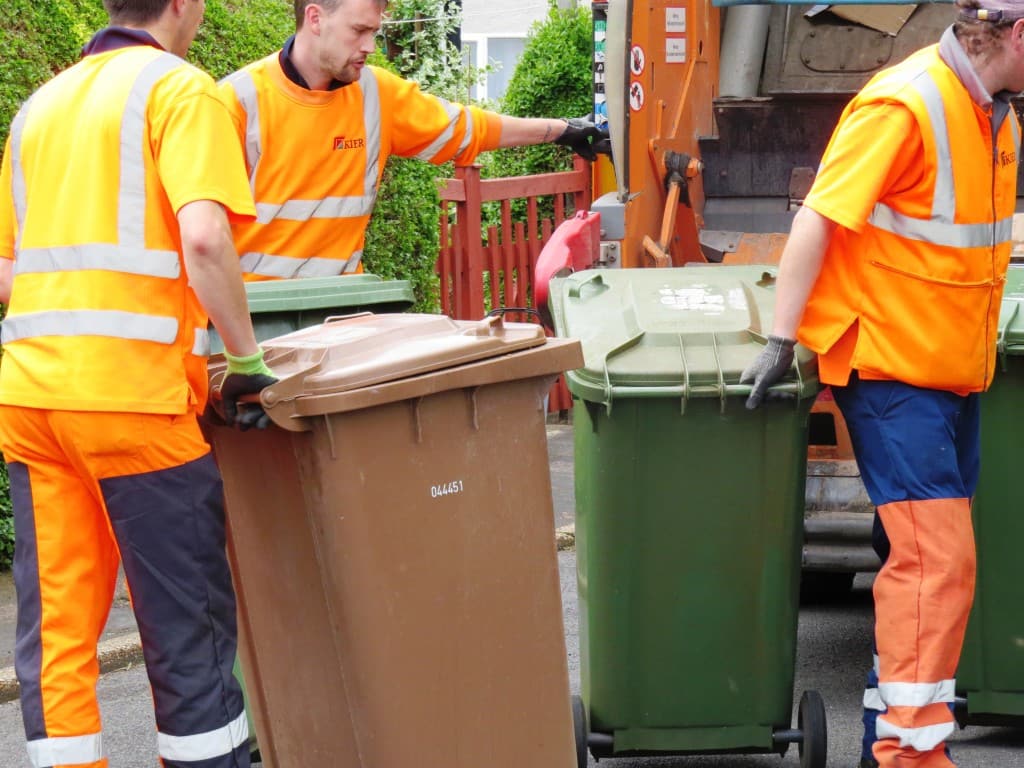The rate at which municipal waste recycling and composting rates in Wales are increasing appears to be on the rise.
TheWelsh Assembly Government has published provisional figures for the fourth quarter of 2010/11 (January – March 2011)showing that the country achieved a 43% recycling rate.

And, when combined with its performance over the previous three quarters, this shows that the country recycled and composted an impressive 43.6% of its waste during the 2010/11 financial year.
This represents a4.85% increase from 2009/10, when the country achieved a 39.15% dry recycling and composting rate. And, it shows a greater improvement than between 2008/09 and 2009/10 when recycling and composting rose by just 3.4 percentage points.
TheWelsh Assembly Government said the figures firmly put the country on track towards meeting its first statutory recycling goal of 52% by 2012/13, which was introduced in November 2010 (see letsrecycle.com story).
Similarly, the Welsh Assembly Government praised the percentage point increase between the fourth quarter of 2009/10 and the fourth quarter of 2010/11 during which time there was a six percentage point rise.
Welsh environment minister John Griffiths said: Todays report is excellent news for Wales, and is testament to the hard work and co-operation which lie at the heart of the Welsh way of dealing with waste. Our residents and councils recognise that preventing waste and recycling arent just about being green, but about social and economic benefits too.
He added: Wales recycling rate grew faster last year than in the previous year, but this is not cause for complacency. We must ensure that we create the conditions in which recycling can continue to grow, and we must ensure that Welsh residents feel the benefits of reducing their waste and recycling more.
Wales recycling performance appears to be higher than that of England, which achieved a 40.3% recycling rate for the year ending September 2010 (see letsrecycle.com story). However, England is yet to report on figures for the full 2010/11 so it is not possible to draw a direct comparison.
Performance
Pointing to areas of strong performance, Mr Griffiths highlighted the work that councils and the Welsh Assembly Government had undertaken in order to tackle food waste going to landfill. He added that the work on food waste was also pushing the case for limiting the frequency of residual waste collections.
Our priority must be to stop wasting so much food, but for inevitable food wastes potato peel, apple cores and the like we need a more sustainable solution than burying it in landfill, he said.
Separate weekly food waste collections work on three counts: they keep food waste from landfill; they help people to see how much food they throw away so they can change their habits and save money; and when combined with weekly collections of recycling – they mean that there is no need for residual waste collections every week.
Research published this month confirmed that limiting the frequency of residual waste collections helps to boost recycling rates (see letsrecycle.com story).
Councils
Denbighshire county borough council recorded the highest dry recycling and composting rate for 2010/11, with a 55% rate. This was narrowly ahead of the Isle of Anglesey council, which achieved a 54% rate.
At the other end of the scale, Merthyr Tydfil county borough council and Blaenau Gwent council were the lowest performing local authorities with both achieving a 35% recycling and composting rate for the financial year.
Blaenau Gwent has attempted to reverse its fortunes by introducing a new enforcement scheme for its waste and recycling service in order to help better its performance (see letsrecycle.com story).
The quarterly figures also show that the amount of municipal waste produced in the country increased between the fourth quarter of 2009/10 and the fourth quarter of 2010/11. Over this period, municipal waste arisings increased by 9,000 tonnes from 367,000 tonnes to 378,000 tonnes.









Subscribe for free